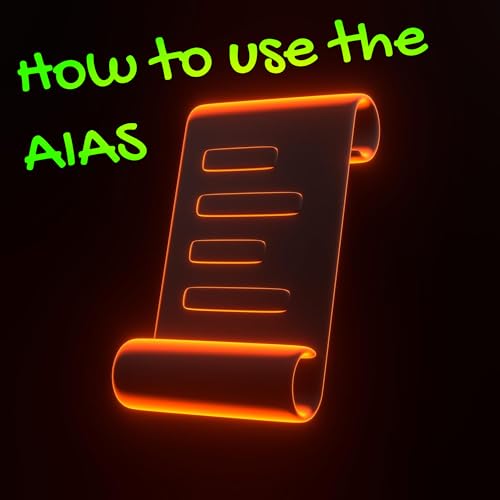Many of the skills and language conventions that we see in academia can serve as barriers to students, especially to those for whom English is not a first language. Translanguaging argues for a more inclusive approach to these conventions, and looks for ways in which we can take a more pluralistic view of what kinds of communication are seen as acceptable.
Kelly Webb-Davies joins us to talk through some of the core tenets of translanguaging, how it can help students and the role of technology in levelling the playing field. We also discuss some of the practicalities around translanguaging’s implementation in the classroom, recent developments in assessments, authorship and intelligibility, and a whole lot more.
Kelly delivered a webinar for TELSIG last year that also offers a clear and comprehensive introduction to translanguaging: https://www.youtube.com/watch?v=-600GB8w-WQ
Guest Bio Kelly Webb-Davies is a Lead Business Technologist at the Centre and her academic background is in linguistics, with degrees from the University of Western Australia and the University of Melbourne. Before joining Oxford, she lectured on phonetics and phonology at the University of Bangor and was a Trinity DipTESOL-qualified English for Academic Purposes tutor and Technology Enhanced Learning and Language Lead at Bangor University International College, where working with international students and responding to their specific needs informed her practice of integrating AI productively to assist with their academic and linguistic proficiency.
Her focus is thoughtfully integrating AI into higher education in ways that enhance communication, reduce bias, and expand access to knowledge. She is particularly interested in how AI can be used to address the unique challenges of groups facing linguistic barriers and neurodivergence, creating more inclusive and accessible educational environments. She advocates for a balanced approach that maintains human involvement and fosters critical thinking alongside AI implementation and her work explores innovative ways to incorporate this philosophy into pedagogical and assessment design, ensuring that AI tools complement and enrich education.
Deanne Cobb-Zygadlo has been an EAP tutor at Nazarbayev University since 2015. She is the co-coordinator of the Technology-Enhanced Learning Special Interest Group (TELSIG) with BALEAP, which is the accreditation organization for the NU Foundation Year Program. She is also a member of the ENAI (European Network for Academic Integrity) Policies Working Group.
Further reading Lee, J.W., (2016) Beyond Translingual Writing. College English. Available at https://www.jstor.org/stable/44805916
Jacob, S., Tate, T., and Warschauer, M., (2025). Emergent AI-assisted discourse: a case study of a second language writer authoring with ChatGPT. De Gruyter Brill. Available at: https://www.degruyterbrill.com/document/doi/10.1515/jccall-2024-0011/html
Tan, S. (2024) Translanguaging in second language writing processes. Linguistics and Education. Available at: https://www.sciencedirect.com/science/article/pii/S0898589824000664?via%3Dihub
Wei, L. (2022). Translanguaging as a political stance: implications for English language education. ELT Journal. Available at: https://academic.oup.com/eltj/article/76/2/172/6483197
Zhou, S., Zhao, S., Groves, M. (2022). Towards a digital bilingualism? Students’ use of machine translation in international higher education. Journal of English for Academic Purposes. Available at: https://www.sciencedirect.com/science/article/pii/S1475158522001138?via=ihub
Timecodes 00:00 Deanne takes over 01:46 Kelly Webb-Davies 03:11 What is translanguaging? 05:11 Breaking into academic English 08:11 Disrupting the hegemony 13:30 The origins of translanguaging and overlap with World Englishes 17:33 The art of simple communication 21:16 Judith Butler’s use of academese 27:00 Is translaguaging too woke? 32:20 Writing isn’t always thinking 35:45 Shifting the responsibility from the speaker to the listener 40:25 Increasing variety in assessment 48:00 Is it fair to ask students to deal with non-standard language? 54:01 Applying inclusivity to journal submission guidelines
 52 mins
52 mins 48 mins
48 mins 51 mins
51 mins Oct 7 20251 hr
Oct 7 20251 hr Sep 17 202539 mins
Sep 17 202539 mins 1 hr and 17 mins
1 hr and 17 mins 37 mins
37 mins May 27 202540 mins
May 27 202540 mins
